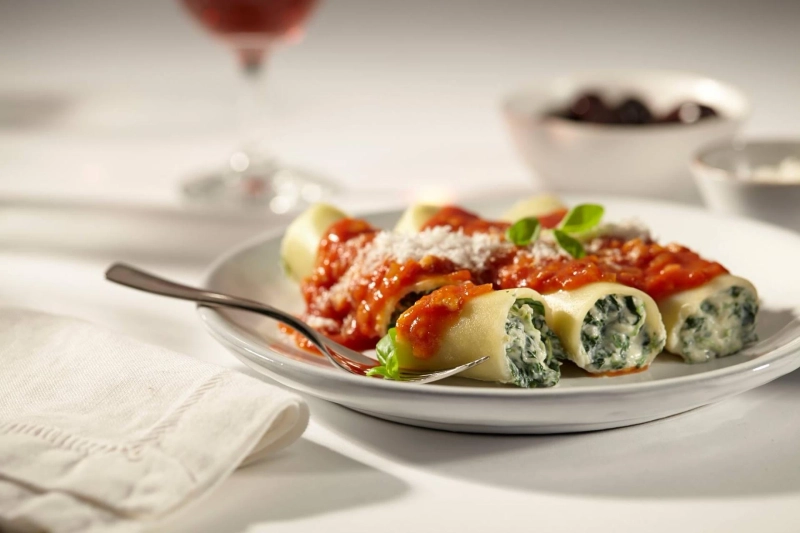If you have recently been diagnosed with coeliac disease, you are probably in the process of reassessing what foods you eat. Having to remove gluten from your diet is not the end of the world. Indeed, it can be seen as an opportunity to completely overhaul your approach to food.
Maintaining a healthy diet while eating gluten free foods is easier than ever, thanks to the large variety of gluten free produce that is available. From gluten free bread to whole, natural fruit and veggies, filling your body with essential nutrients need not be stressful or expensive. Just follow these simple tips!
Read food labels
Whether you are coeliac or not, we can all benefit from being able to understand the information found in food labels.
Under Australian law, food packaging must list all of a product's ingredients. Given the large number of Australians who are affected by coeliac disease, most products will also directly state whether the ingredient list contains gluten.
If the label says that the item is ‘gluten free,’ that means it contains less than 0.003 percent gluten and is safe for coeliac sufferers. Some labels will state that an item ‘may contain traces of gluten’. This is likely due to the fact that it was manufactured in a setting that may result in cross-contamination. When in doubt, steer clear of these products.
Understand what foods are naturally gluten free
Of course, there are certain foods that you can be certain are free of gluten. Fresh fruit and veggies, for example, are gluten free and should form an important part of your diet.
Other foods that you can safely enjoy include certain whole-grains (quinoa, brown rice, buckwheat, and wild rice, to name a few), fresh red and white meat, unprocessed dairy products (including cheese, yoghurt, butter, and cream) and fats and oils.
You should always be careful when buying processed food. Canned fruit, for example, can be treated with flavourings and preservatives that may contain gluten.
Watch out for sauces and condiments
Dressings, sauces and condiments are often what gives a dish flavour and vibrancy. Unfortunately, they can also be hidden carriers of gluten.
These products may be made from ingredients that are gluten free but then fortified with flavourings and preservatives that cannot be tolerated by someone with coeliac disease. When shopping for sauces and condiments, purchase products that advertise that they are gluten free, just to be on the safe side.
Research ahead when going out
Dining out with friends and family is always fun. For those with a gluten intolerance, this fun can be replaced by fear and dread that nothing on the menu is going to be suitable.
If you’re going out to a restaurant, make sure you do your research. Check their menu to see what gluten free foods they have, or call ahead to check if they can make alterations to suit those with dietary requirements.
Test and trial gluten free substitutes
In days gone by, being diagnosed with a gluten intolerance meant you had to give up many of your favourite foods. Fortunately, this is no longer the case.
Most supermarkets stock a wide variety of gluten free pasta and bread, and there are even more products available online. It might take some trial and error to find a gluten free substitute that you like, so don’t be afraid to experiment with different brands.
There are plenty of gluten free communities online that can provide information and ask your friends and family for advice as well.
Shop around
If you live in a small or remote community, your local supermarket may not have a wide range of gluten free foods. The great news is that many food manufacturers sell their products directly to consumers online.
This option has made following a gluten free diet a possibility for many people who previously had to restrict their food intake and struggled to get all of the nutrients needed.
Be careful of alcohol!
As is the case with food, there are many alcoholic drinks that are naturally gluten free. You should be reasonably safe with wine, sherry, and ciders, as well as popular spirits such as gin, brandy, vodka, and whiskey.
Unfortunately, most beers will be off-limits to coeliac sufferers. Beer is made from malted barley, which contains gluten. There are gluten free beers available, however, which are made from grains such as millet, rice, and buckwheat.


